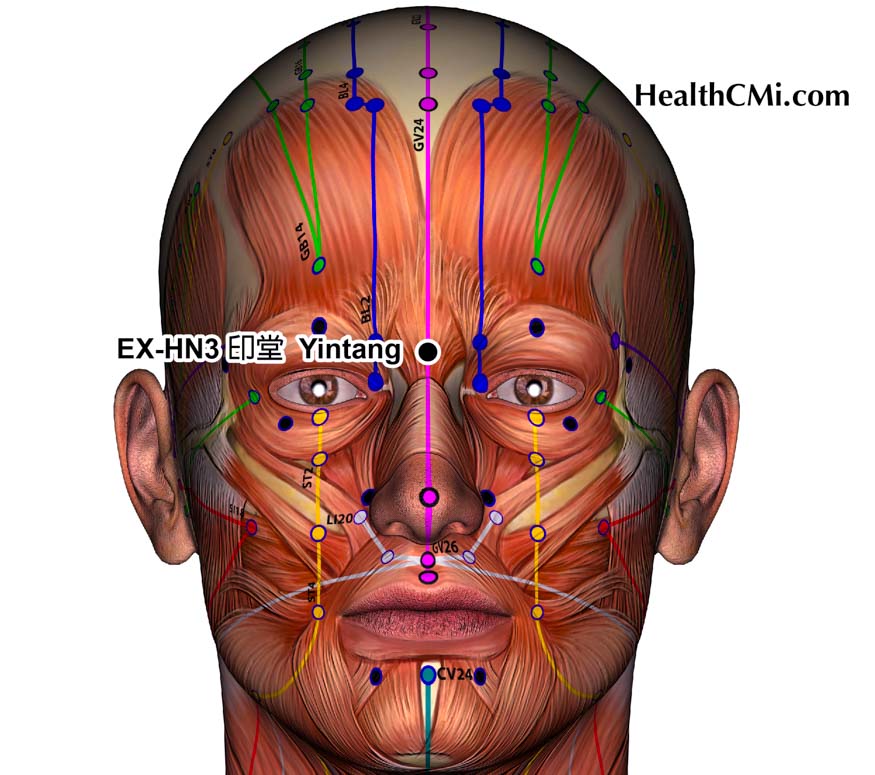
Northwestern University Feinberg School of Medicine researchers conclude that acupuncture is effective for the treatment and prevention of atrial fibrillation, especially for patients having had cardiac valve surgery. In a randomized, controlled trial the research team investigated the efficacy of specific acupuncture points and determined that they successfully reduced postoperative pain, nausea, anxiety, and stress and simultaneously reduced the incidence of atrial fibrillation after surgery. [1]
Acupuncture also reduced the number of discharges requiring the medication amiodarone. Moreover, patients receiving acupuncture spent fewer hours in the intensive care unit. The Northwestern University team concludes that acupuncture after valve surgery provides clinical benefits, is feasible, and is well tolerated.
This is an important investigation because postoperative AF (atrial fibrillation) occurs in 10–65% of patients. The percentage of complications depends on the type of surgery and individual patient issues. Since postoperative AF increases the chance of stroke and mortality, acupuncture has been shown to be an important treatment.
All patients were recovering from valve surgery. Three licensed acupuncturists applied the acupuncture points to all patients in the study. This is important since some studies have attempted to bypass highly trained licensed acupuncturists in favor of relatively untrained staff to apply acupuncture needles. The thinking behind this is often to treat acupuncture needle application as a simple procedure. In reality, licensed acupuncturists train for years to correctly apply acupuncture needles.
The protocol for the investigation was comprised of 9 primary acupuncture points and a selection of secondary acupoints for specific symptoms. The 9 points were comprised of 5 body style acupoints and 4 auricular acupoints. The body points were chosen for the treatment and prevention of atrial fibrillation, nausea, anxiety, depression, and pain:
- PC6 (Neiguan)
- HT7 (Shenmen)
- LI4 (Hegu)
- LV3 (Taichong)
- Yintang (extra point)
The auricular acupoints were included in the protocol for the treatment of anxiety, depression, pain, insomnia, inflammation, smooth muscle spasms, chest pain, angina, and regulating blood pressure and enhancing blood circulation:
- Shenmen
- Sympathetic
- Heart (C)
- Point Zero
The secondary points allowed for use in the study were based on the individual needs of each patient. For depression, BL3 was added with an option to add LU9 (Taiyuan), SP6 (Sanyinjiao), and GV20 (Baihui). For anxiety, BL3 was added with an option to add auricular points: Master Cerebral, Brain, Cingulate Gyrus. For nausea, ST36 (Zusanli) was added with an option to add SP6 and CV12 (Zhongwan). For pain, SP10 (Xuehai) and GB34 (Yanglingquan) were added with an option to add TB5 (Waiguan) and auricular points: Brain, Tranquilizer Point, and one for the location of pain.
Sterile single-use Seirin brand needles (0.16 × 15 mm, 0.16 × 30 mm) were used and were inserted between 0.25–1 inch dependent upon specific anatomical locations. No stimulation of the needles with manual techniques were applied. Needles were retained for 30 minutes each acupuncture session and acupuncture was applied daily. The total number of acupuncture visits averaged 3.8 sessions per patient across an average of 4.7 days.
There were two arms of the investigation, one arm received acupuncture and the other did not. Patients receiving acupuncture had less cases of AF after surgery at 13.7% compared with 32.7% in the non-acupuncture group. Acupuncture patients had less need for amiodarone at discharge at a rate of 9.8% compared with 26.5% in the non-acupuncture group. Patients receiving acupuncture required an average of 30.3 hours in the intensive care unit (ICU) whereas the non-acupuncture patients required an average of 37.0 hours in ICU.
The Northwestern University Feinberg School of Medicine (Chicago, Illinois) researchers conclude that acupuncture is feasible in the hospital setting after heart surgery, is efficacious, reduces the need for amiodarone at discharge, decreases the incidence of atrial fibrillation, and reduces postoperative pain, nausea, anxiety, and stress.
Reference:
1. Feingold, Kim L., Judith T. Moskowitz, Christian Elenbaas, Adin-Cristian Andrei, David Victorson, Jane Kruse, Veronika Grote et al. "Acupuncture after valve surgery is feasible and shows promise in reducing postoperative atrial fibrillation: The ACU-Heart pilot trial." JTCVS Open 16 (2023): 321-332.
Research Team Affiliations:
- Division of Cardiac Surgery, Department of Surgery, Northwestern University Feinberg School of Medicine and the Bluhm Cardiovascular Institute, Chicago, Ill.
- Department of Medical Social Sciences, Northwestern University Feinberg School of Medicine.
- Osher Center for Integrative Health, Northwestern University Feinberg School of Medicine.
- Department of Preventive Medicine, Northwestern University Feinberg School of Medicine.
- Division of Cardiology, Department of Medicine, Northwestern University Feinberg School of Medicine and the Bluhm Cardiovascular Institute.


